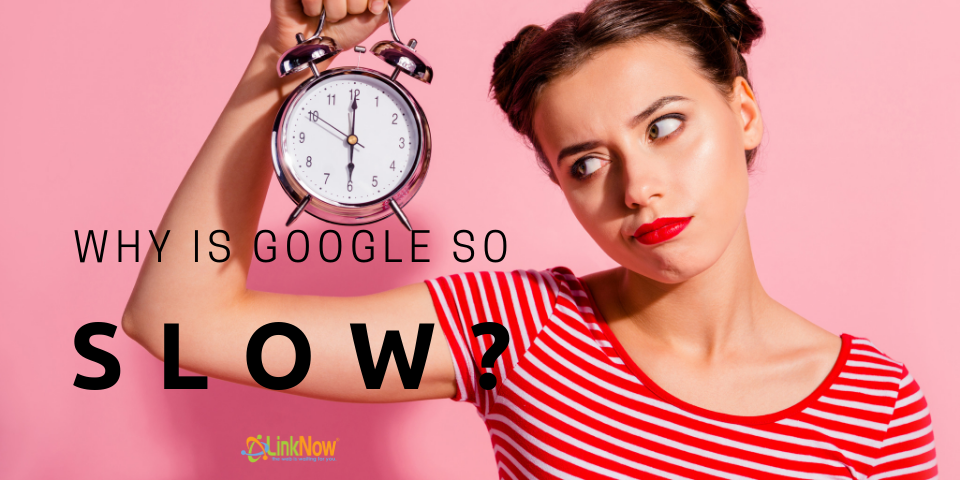
The short answer—and this is one that nobody likes to hear—is that it takes time for Google to index your site in their database.
Google works in mysterious ways. But not as mysterious as you might think. By the end of this post we’re confident you’ll have a much clearer understanding of the ranking process, what’s in your control, and what isn’t.
What is Google's Indexing Period?
If you’ve ever had assistance with your SEO in the past, you’ve probably heard people mention the “Indexing Period.” The process of “Indexing” refers to the process of adding your website into the Google search engine.
In a perfect world, submitting your page to the Google Index would be enough to get your page to the top of the Google results. But things don’t work that way. After your page is submitted to Google, it enters the “Indexing Period”.
During this period, Google sends bots or ‘spiders’ to crawl through your website. During this process, Google’s bots are collecting and cataloguing every last bit of your website’s data and adding it to an index of the 130 trillion + indexed websites that exist today. Think of the Google crawler as a librarian in the biggest library imaginable.
How Long Is the Indexing Period?
Even for sophisticated robots, this process can take a fair bit of time. Most websites are indexed in one to six weeks. Some websites are indexed quickly, others are left waiting.
During this process, Google is determining the relevancy and authority of your website and comparing it to other websites that are ranking for the same keywords. To ensure you get the best ranking you can, make your sure keywords are carefully chosen and your website isn’t loaded with irrelevant or spam-like content. Badly-chosen keywords can accidentally find you ranking for something that might not help you in the slightest.
Is It Possible to Speed Up the Indexing Process?
Sadly, there is no way for any user to fully circumvent Google’s indexing period. Expecting to immediately rank for your keywords just two days after submitting your website to Google will only disappoint you.
It is important to remember that however frustrating this might be for you it is absolutely essential for the user experience. Without it, there’d be no way for Google to provide users with relevant search results.
Will a Website’s Current Ranking Ever Change?
Absolutely.
Even after your website has been indexed, your ranking can change. Establishing the legitimacy and authority of your website can take time—sometimes more time than the initial indexing period. In many cases, people won’t even see results in the first 6 months!
If you get backlinks for your website—websites that link back to your page, a sort of “vote of confidence” for Google—it might take up to two months for those backlinks to be indexed.
How You Can Boost Your Ranking—Fast
The way that users interact with your page over time might also have an impact on your ranking. If customers write glowing reviews for your company on Google My Business, that will always make a difference. However, if few people are clicking through your website and you’re unable to get a single review, that might also impact your ranking.
Conclusion: Ranking Takes Time and Commitment
At the end of the day, there’s a lot of competition online. If you have a brand-new site and you’re competing against companies who’ve been online for years already, it’s going to take a lot of work to prove that your website is reliable, relevant and authoritative.
The important thing is to stick at it. All SEO is cumulative. Don’t quit after 3 months. Don’t quit after 6 months. Keep going. Great rankings are on the way!
